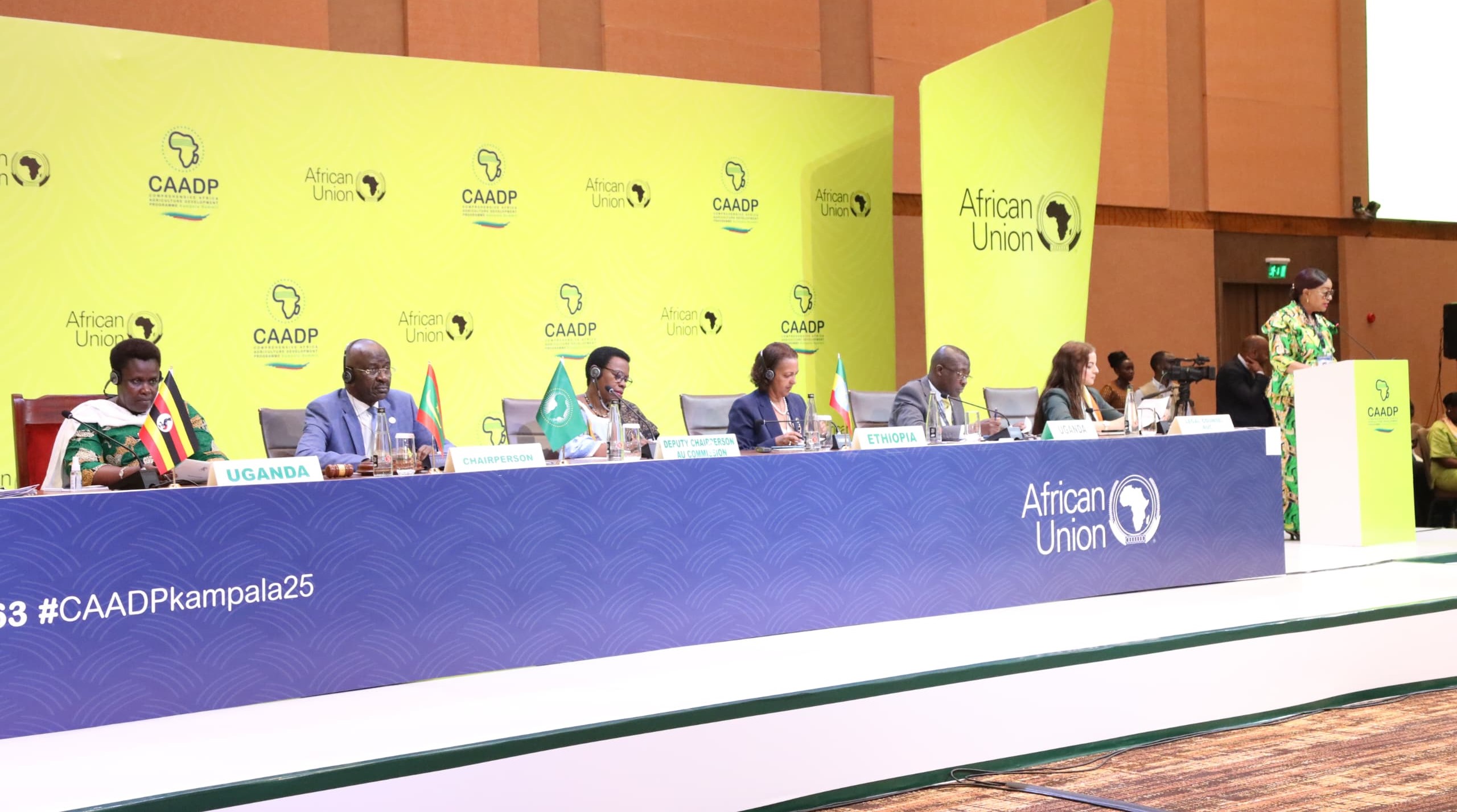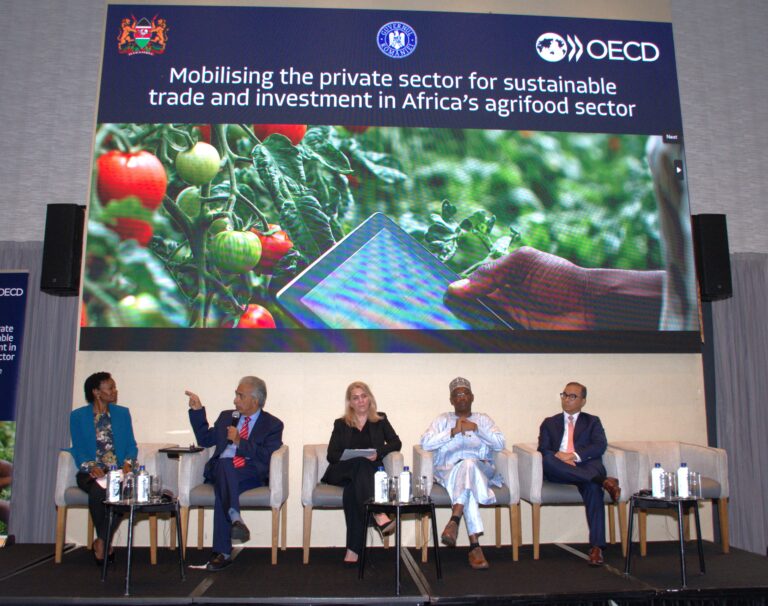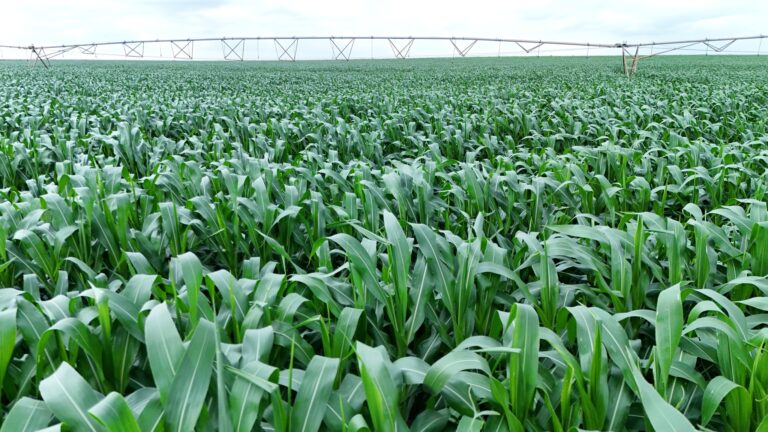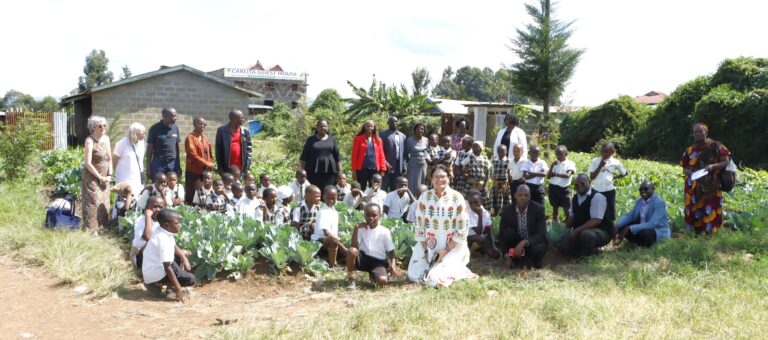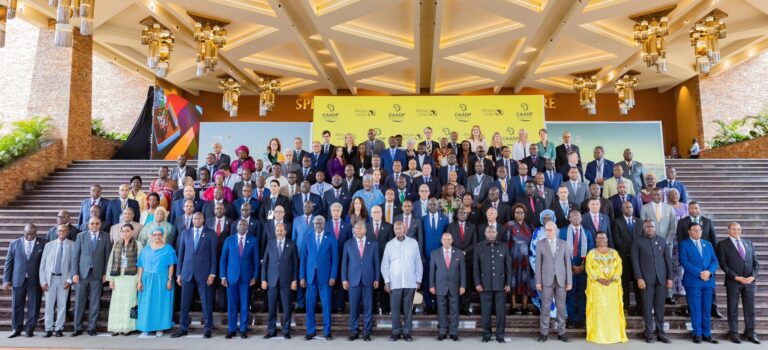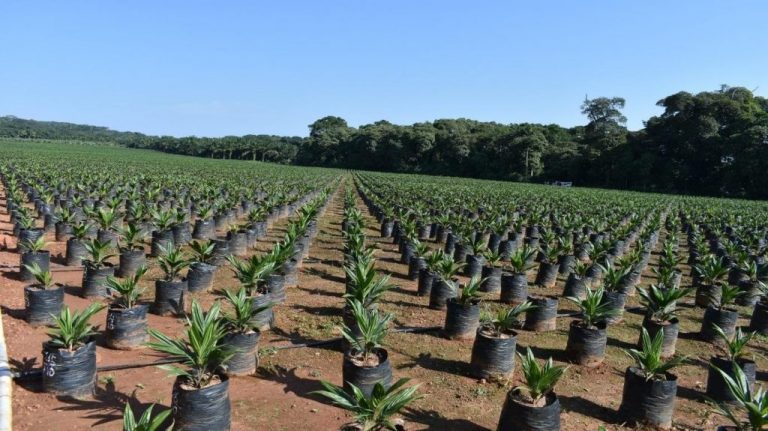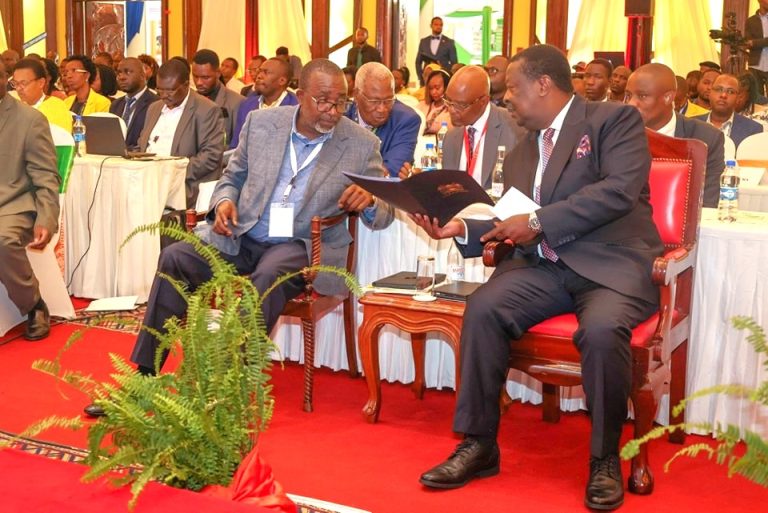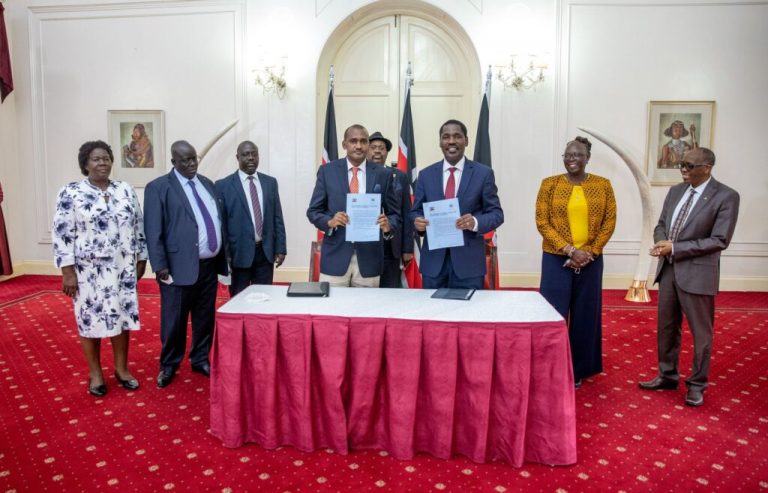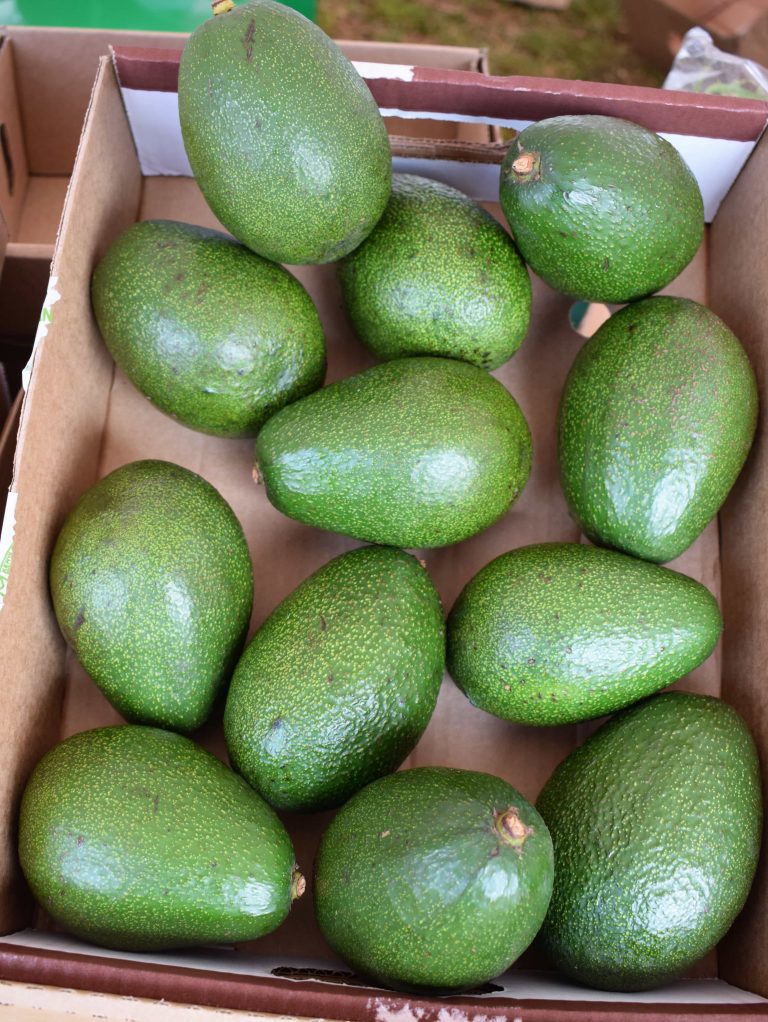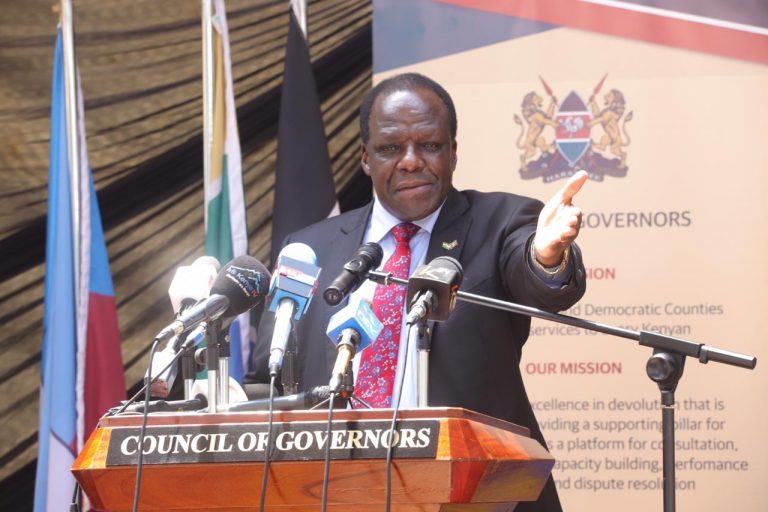Ministers of Agriculture from the AU’s 55-member states, held a three-day Extraordinary Summit of the African Union (AU) in Uganda’s capital, Kampala. The summit culminated in the adoption of the Kampala Declaration, and a landmark ten-year strategy and action plan, to boost the implementation of the Malabo Declaration on Accelerated Agricultural Growth and Transformation for Shared Prosperity and Improved Livelihoods, adopted in 2014.
The Comprehensive Africa Agriculture Development Programme (CAADP) Strategy and Action Plan, set to run from 2026- 2035, has been under development over the last 10 months, following directives from the African Heads of State and Government.
Drafting of the strategy was undertaken by a broad spectrum of stakeholders including the Regional Economic Communities, African experts and researchers, farmers’ organisations, development partners, parliamentarians, private sector groups, women in agriculture, and youth groups. The draft then underwent a rigorous review process, including evaluations by the AU’s Specialized Technical Committee (STC) on Agriculture, Rural Development, Water, and Environment (ARDWE). The strategy, which aligns with the 2021 African Common Position to the United Nations Food Systems Summit, will provide guidelines for advancing sustainable agri-food systems across Africa.
The CAAD Strategy and Action Plan aims to leverage resources for driving economic growth, enhancing food security, and improving livelihoods, while addressing the impacts of climate change, in alignment with the CAADP principles. It seeks to achieve this by stimulating investment, fostering partnerships, and empowering vulnerable smallholder farmers.
The 10-year strategy is well aligned with the African Union’s Agenda 2063, which envisions among others, a prosperous Africa based on inclusive growth and sustainable development. The agenda emphasizes achieving food security and nutrition, transforming agriculture into a leading driver of economic growth, and reducing the continent’s dependence on food imports.
Africa’s food security remains a pressing challenge, exacerbated by climate change, conflicts, rapid population growth, and economic disruptions. Currently according to the AU, over 280 million Africans suffer from chronic hunger while food systems struggle to meet rising demands. The CAADP Strategy and Action Plan seeks to address these issues by promoting climate-resilient agriculture, improving infrastructure, reducing food waste, and enhancing regional trade in agricultural goods. This is in a bid to equip Africa to feed itself sustainably.
The ministerial meeting was addressed by the Rt. Hon. Robinah Nabbanja, Prime Minister of the Republic of Uganda. Recalling statistics that point to the richness of African soils, abundance of arable land and fresh water, and a 60% population engaged in agriculture, the Prime Minister remarked that it is a shame that the continent’s food imports cost up to USD100 billion.
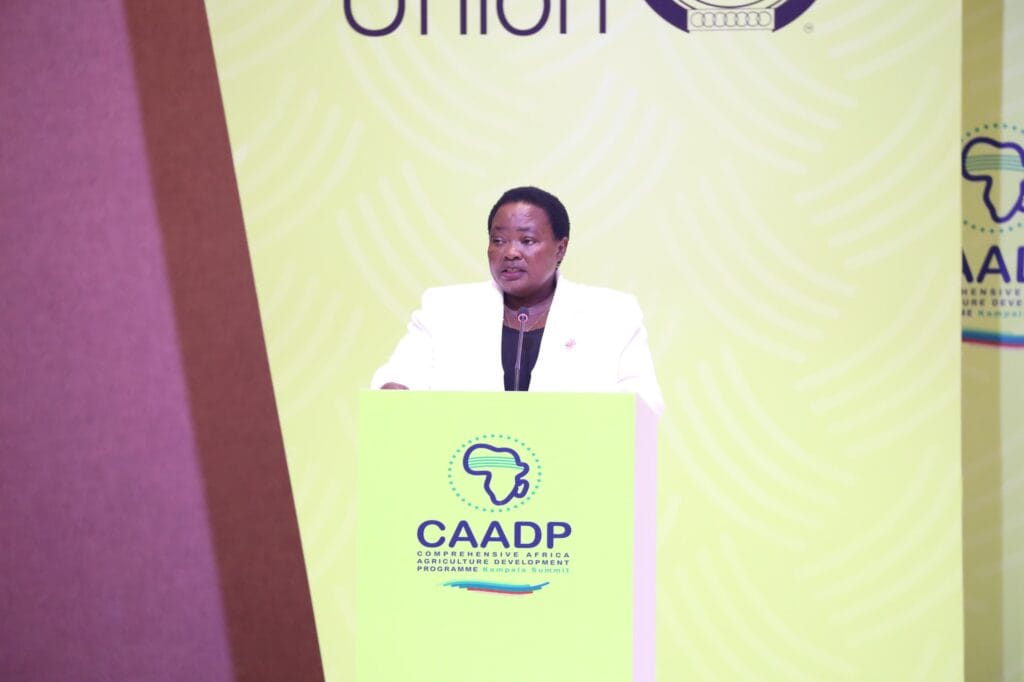
“This session of the Summit should come up with concrete proposals on how Africa can come out of such an undesirable situation. For us to guarantee our future as Africans, we must feed ourselves”, she said.
The Commissioner for Agriculture, Rural Development, Blue Economy and Sustainable Environment at the African Union Commission, H.E. Ambassador Josefa Sacko commented on the importance of the CAADP strategy, saying it “aims to boost food production, expand value addition, boost intra-Africa trade, create millions of jobs for our youth and women, build inclusive agrifood value chains, and build resilient and sustainable agrifood systems that will withstand shocks and stressors now and in the future. Furthermore, we are dedicated to strengthening governance through evidence-based decision-making and enhancing accountability among all stakeholders. Inclusivity is a fundamental aspect of our approach; we will ensure that women, youth, and marginalized groups have access to resources, thereby facilitating their equitable participation in the agrifood sector”.
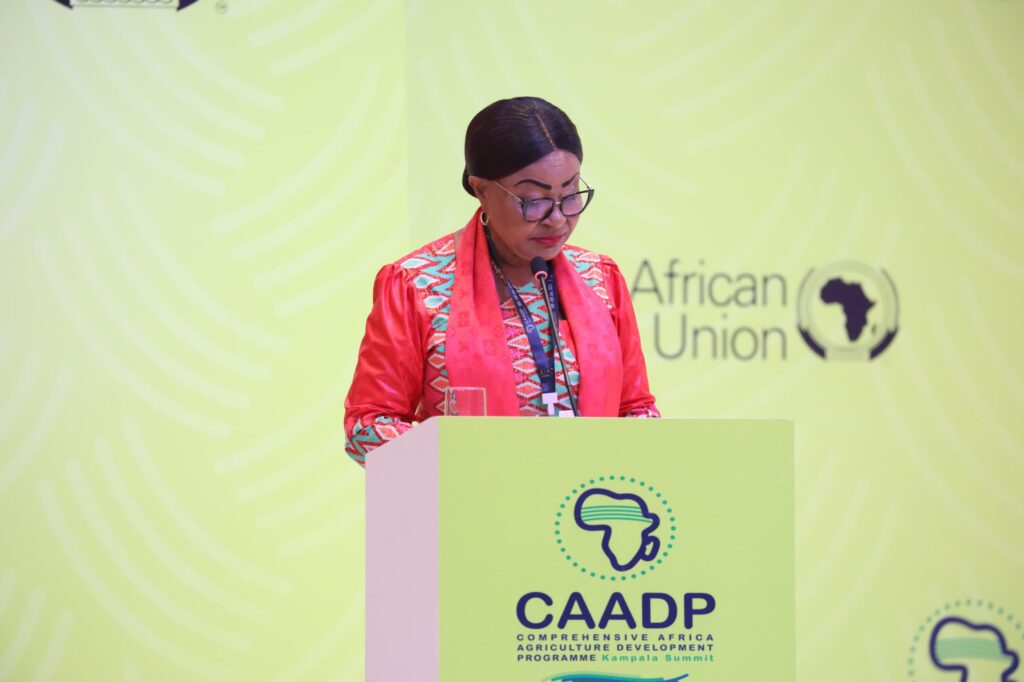
H.E Dr Girma Amente Minister of Agriculture of the Federal Democratic Republic of Ethiopia, whose Prime Minister Dr. Abiy Ahmed, is the CAADP Champion, highlighted how Ethiopia has cascaded CAADP into the national agricultural investment plan (NAIP).
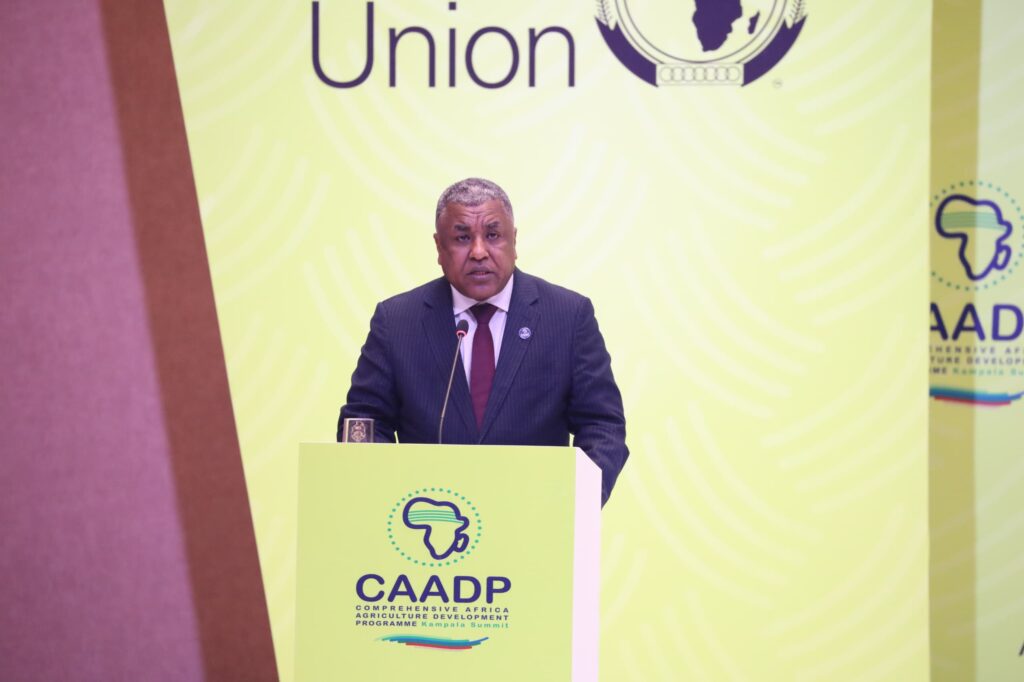
“The plan emphasizes the importance of increasing public investment in agriculture, which is crucial for achieving the CAADP target. Ethiopia has significantly increased its agricultural budget allocation and has demonstrated its commitment by meeting the 6 % annual growth target of CAADP. The implementation of the National Agricultural Investment Plan (NAIP) has contributed to consistent improvements in annual agricultural production, elevating both crop yields and overall food and livestock production, and also performed better in addressing the resilience targets of the CAADP”.
Uganda’s Minister of Agriculture, Animal Industry and Fisheries, Hon Frank Tumwebaze, who led the drafting of the CAADP Strategy and Action Plan in his capacity as the Chair of the Specialised Technical Committee of the AU on Agriculture, Rural Development, Water and Environment, stressed the need to move into implementation of the strategy, as soon as the summit ends.
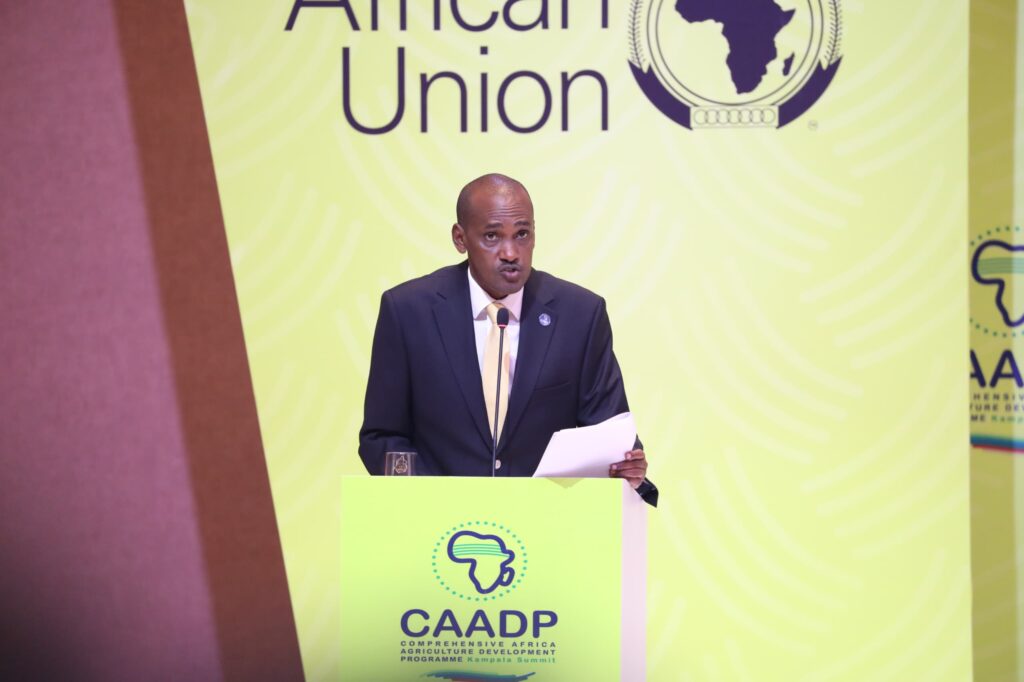
“The planning phase of the Kampala CAADP Agenda ends during this Summit. We must, therefore, move into implementation and execution mode. It is by focusing on execution that we can make a meaningful impact to our continent and our people. We must move, not with the times, but ahead of times. This calls for advances in technological research and practices, building agricultural systems that are resilient to climate change and other shocks, agro-industrialization, and the like,” he quiped.
The Comprehensive African Agricultural Development Programme (CAADP) is an African Union Agenda 2063 continental initiative that aims to raise agricultural productivity, increase public investment in agriculture, and stimulate economic growth through agriculture-led development, thus helping African countries eliminate hunger and reduce poverty. Launched in 2003 following the Maputo Declaration and reaffirmed in 2014 in Equatorial Guinea with the Malabo Declaration, it focuses on improving food security and nutrition and increasing incomes in Africa’s farming-based economies.


